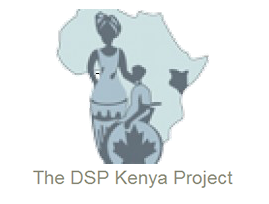3.1 – What are the rehabilitation interventions that address impairments common among people living with HIV?
3.1.5: Functions of the digestive, metabolic and endocrine systems
People living with HIV may have impairments related to digestion, endocrine function and weight maintenance (both excessive weight loss and weight gain). These impairments may be caused by the HIV infection itself, one of the many opportunistic infections associated with HIV, or side effects of various HIV-related medications.
Dietary advice and exercise prescription can be utilized as methods to assist people living with HIV with both weight gain and weight loss. Potential causes of these impairments and rehabilitation interventions are shown in the table below.
Table 3.1.5: Clinical Aspects of Digestive, Metabolic and Endocrine Impairments
| Impairments | Possible Etiologies | Rehabilitation Interventions6 (for details, see Section 3.3) |
|---|---|---|
Digestive dysfunction |
HIV enteropathy Secondary infections (e.g., MAC, cryptosporidium) Obstruction (e.g., tumour) Food intolerances Medication-related |
|
Endocrine dysfunction |
Malignancy Adrenal insufficiency Hypogonadism Hypothyroidism Medication-related Food intolerances |
|
Weight loss |
Anorexia secondary to physiological (e.g., oesophagitis, candida) or psychological causes Dysphagia (e.g., due to candida, KS or CMV) Malnutrition Malabsorption Malignancy Infection and fever-related Side effects of medication |
|
Weight gain |
Inactivity and deconditioning Constipation Side effects of medication |
|
Weight redistribution |
HIV-infection Side effects of medication Lipodystrophy |
6Choice of rehabilitation interventions will depend on patient assessment and available resources.

 Previous Page
Previous Page




